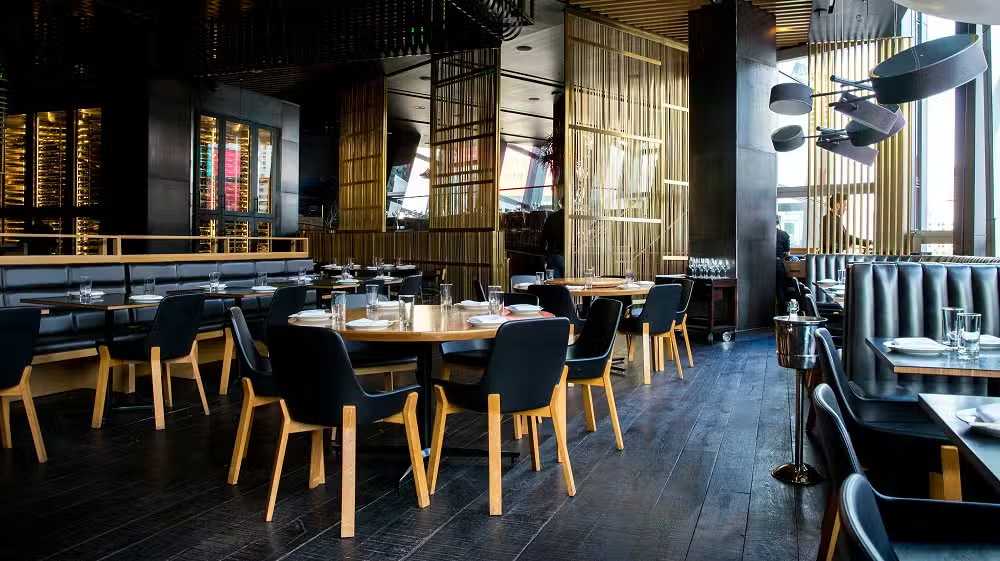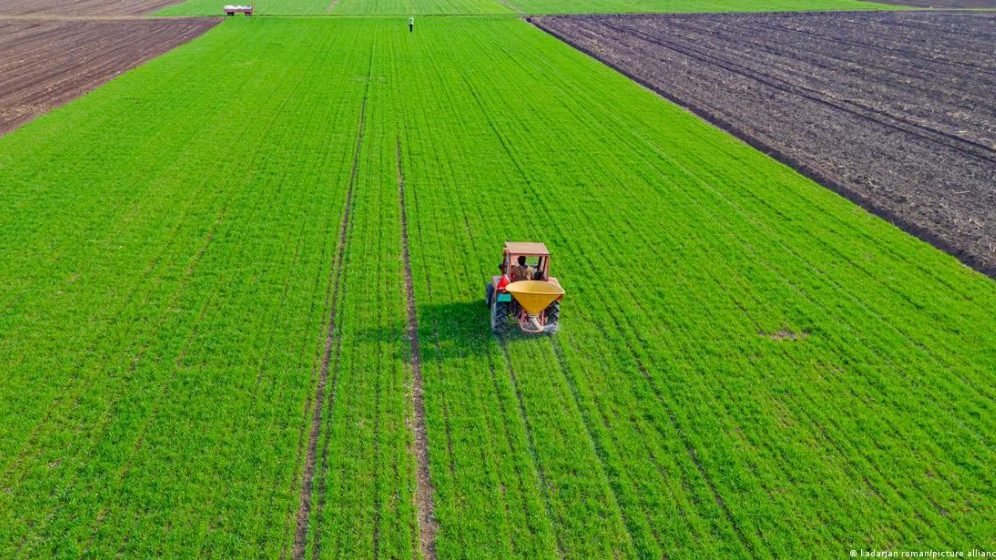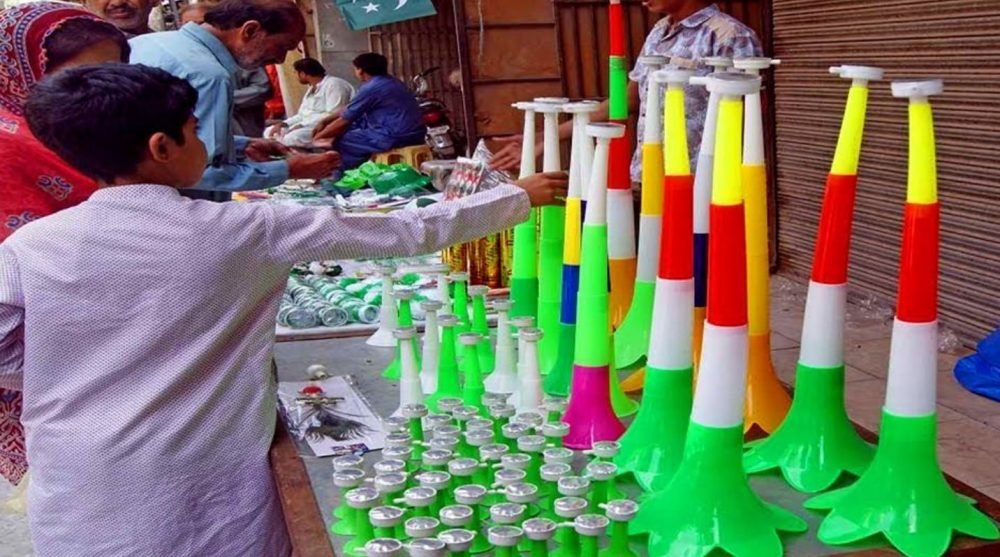Punjab Food Authority Cracks Down on Unhygienic Restaurant on Murree in 2025

Punjab Food Authority Cracks Down on Unhygienic Restaurant on Murree in 2025
In a significant move to protect public health and ensure food safety, the Punjab Food Authority (PFA) has taken strict action against a restaurant operating in highly unhygienic conditions at Phulgran, situated along the busy Murree Expressway. The PFA, acting on the direct instructions of Punjab Chief Minister Maryam Nawaz, sealed the food outlet and imposed a heavy fine for serving expired food items, including spoiled meat, and for maintaining unsanitary conditions.1
This action underscores the provincial government’s renewed commitment to regulating food quality standards and safeguarding the health of tourists and local residents alike in Murree District—one of Pakistan’s most visited hill stations.
A Wake-Up Call: The Inspection That Exposed the Reality
The surprise inspection, carried out by the Punjab Food Authority’s Murree branch, revealed a shocking level of negligence and disregard for basic hygiene practices at the restaurant. According to a PFA spokesperson, the team discovered expired meat, expired packaged food items, and an overall unsanitary environment that was deemed a public health hazard.
The premises were also reportedly cluttered with red betel nuts (commonly chewed and known for staining surfaces and increasing litter), which further reflected the restaurant’s careless handling of food and sanitation protocols.
Following this discovery, the restaurant was immediately sealed, and a fine of Rs. 50,000 was imposed. This strict action is part of an ongoing series of enforcement operations being conducted by the PFA throughout Punjab, especially in areas with high tourist activity.
Government’s Zero-Tolerance Policy on Food Safety
This crackdown is not an isolated incident but part of a broader zero-tolerance policy adopted by the provincial government under the leadership of CM Maryam Nawaz. Since taking office, the Chief Minister has prioritized public health, food quality control, and environmental cleanliness, particularly in high-traffic tourist areas like Murree, which attract thousands of visitors each week.
“The health and safety of the public, especially tourists who trust local businesses for meals and refreshments, cannot be compromised,” said the PFA spokesperson. “We are following the Chief Minister’s directives to take swift action against all eateries that violate food safety regulations.”
Why This Matters: Public Health at Risk
Food poisoning and waterborne diseases are common in Pakistan, especially during the summer and monsoon seasons. Restaurants operating without proper cleanliness, refrigeration, and expired ingredients become breeding grounds for bacteria and viruses such as E. coli, Salmonella, and Hepatitis A. These can lead to severe foodborne illnesses that not only affect individual health but also strain the already overloaded healthcare system.
Murree, as a popular hill station, receives thousands of visitors daily during the summer holidays and weekends. Ensuring hygienic conditions in its eateries is not just about food quality—it’s a public safety imperative.
How the PFA is Enforcing Regulations
The Punjab Food Authority has implemented a comprehensive food safety monitoring program that includes:
-
Surprise inspections at restaurants, hotels, and food stalls.
-
Laboratory testing of food samples.
-
Issuance of notices and penalties for non-compliance.
-
Closure and sealing of outlets in severe violation.
-
Public awareness campaigns on the importance of safe food handling.
The authority has also upgraded its digital complaint system, making it easier for citizens to report suspicious or poor-quality food practices. The public is encouraged to call Helpline 1223 to report any such concerns.
Tourists and Locals: Be Vigilant
With incidents like this, the Punjab Food Authority is urging all food consumers whether tourists enjoying Murree’s natural beauty or local residents to remain vigilant and report any suspicious or low-quality food services.
Here are some red flags to watch for when choosing a restaurant:
-
Foul or unpleasant odor from meat or cooked dishes.
-
Unclean dining areas and kitchen.
-
Unlabeled or expired packaged food.
-
Presence of flies or insects in the serving area.
-
Lack of handwashing stations or dirty uniforms worn by staff.
PFA’s Message to the Food Industry
The Punjab Food Authority is also sending a clear message to restaurant owners, food vendors, and hotel management across the province: Follow the rules or face strict penalties. The authority has emphasized that ignorance of the law will not be tolerated, and every food outlet regardless of size or popularity will be held accountable.
“We are not here to shut down businesses unnecessarily,” explained a senior officer from PFA. “Our aim is to improve compliance with food safety laws. If you follow the guidelines, you have nothing to worry about. But if you endanger people’s lives, we will act decisively.”
Plans for Long-Term Improvement
Apart from enforcement, the Punjab government is working toward long-term reform in the food industry through:
-
Training programs for restaurant staff on food hygiene and safety.
-
Introducing digital food licenses linked to compliance records.
-
Publishing a public rating system for food outlets based on hygiene and service standards.
-
Partnering with local governments to establish mobile food testing labs in remote or tourist-heavy areas.
These initiatives are aimed at building a sustainable food safety ecosystem that benefits both businesses and consumers.
Conclusion: Public Support is Crucial
The recent closure of a restaurant on the Murree Expressway by the Punjab Food Authority is a firm reminder that food safety is not negotiable. This action sets an example for other eateries in the region and across Pakistan. However, regulatory bodies cannot succeed without active public participation.
Everyone restaurant owners, staff, and customers has a role to play in building a healthier and safer food environment. By staying alert and reporting violations, citizens can help ensure that food served across Punjab is not only delicious but also safe.
So next time you’re traveling to Murree, remember: if it doesn’t look clean, it probably isn’t. Trust your instincts and don’t hesitate to call the helpline 1223



